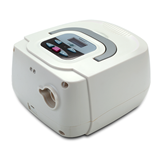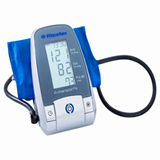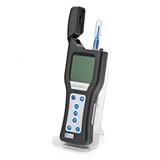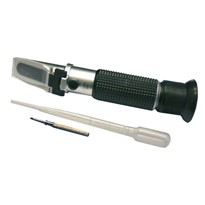In the face of COVID-19, the city’s institutions and businesses have stepped up their cleaning and prevention efforts.
When the virus was first identified, Singapore had very few cases and locked down much of the nation of six million people. A “second wave” pushed the number of confirmed cases to more than 28,000. The country tightened its lockdown and increased disinfection efforts. Now, it is planning to reopen its economy.
As part of the city’s new “Singapore Clean” hygiene campaign, businesses and other organizations ordered hundreds of Hygiena’s EnSURE™ and SystemSure PLUS™ ATP monitoring systems and thousands of ATP testing swabs.
The tests use ATP (the energy-producing molecule found in all living cells) to determine the presence of organic matter.
The Hygiena systems help monitor cleaning efforts in major areas of the city. Hygiena’s products were chosen because of the country’s previous adoption of the SystemSURE Plus ATP Monitoring System, and because the Hygiena tests deliver accurate data even when challenged with the higher temperatures in Singapore.
While COVID-19 is spread primarily through airborne droplets, touching contaminated surfaces also can transmit the virus. Singapore, along with the World Health Organization (WHO) and US Centers for Disease Control (CDC) and Prevention, lists several disinfectant chemicals that disable the SARSCov2 coronavirus.
Aggressive disinfection and ATP monitoring of these efforts are underway in key areas of Singapore including:
- Outdoor and indoor food centers, including restaurants, food courts and malls
- Dormitories for workers (including foreign workers) in Singapore
- Preschools
- Common areas in housing estates, including fitness stations and playgrounds
These efforts include an ambitious project to clean more than 1.5 million elevator (“lift” in Singapore) buttons, located in 26,000 apartments and dormitories that house 3.2 million Singaporeans and immigrant workers. According to the Straits Times (the country’s largest English-language newspaper) a new disinfectant supposed to last for months after application was applied to Singapore Housing and Development Board flats and lifts.
In one case, the newspaper showed a reading of 3,077 Relative Light Units (RLUs) using a SystemSURE Plus ATP monitor on a lift button. After cleaning, the reading dropped to 11 RLUs. Until the disinfectant application, residents had been using keys or other objects to activate the lift buttons without touching them with their fingers.
The “Singapore Green” campaign includes advice on handwashing and individual hygiene, as well as cleaning advice for businesses and other institutions. Campaign advice focuses on cleaning and disinfecting common surfaces, such as handrails, doorknobs, table tops, staircases, letterboxes, benches, seats, and turnstiles in public entrances and exits.
While ATP monitoring cannot tell the difference between organic matter and pathogenic bacteria and viruses (like SARS-Cov2), it can determine cleaning effectiveness. RLUs that decline after cleaning indicate that cleaning is working overall, and can be compared against an established “pass/ fail” threshold set for each facility or environment.
As Singapore begins the process of reopening and recovering from the impacts of COVID-19, Hygiena products generate data needed to track and record cleaning efforts critical in keeping everyone safe.






















-205x205.jpg)





